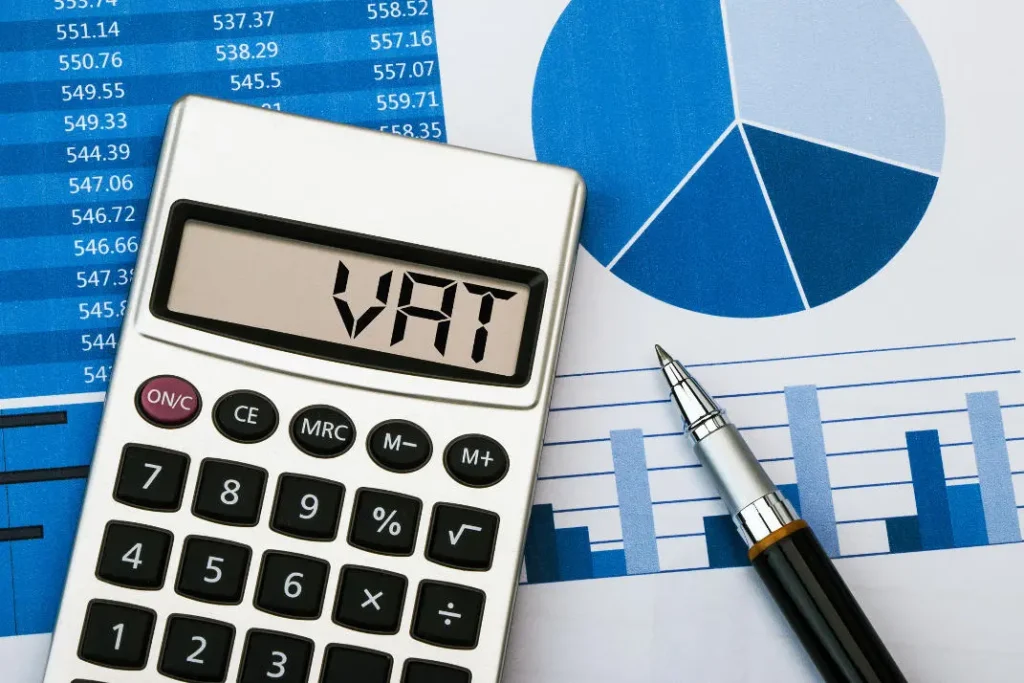Introduction
In Thailand, companies typically have their financial year end on the 31st of December. As this date approaches, companies will begin to close books and prepare their Corporate Income Tax from any income earned in 2023.
It is important for companies operating in Thailand or earning specific types of income from within Thailand to fully understand the intricacies and requirements for CIT. Corporate income tax is more than just a fiscal obligation; the most important aspect of business operations in Thailand. With most Thai companies aligning their financial years to the calendar year, companies start preparing for their annual CIT return filing and annual audits.
In this blog post, we will take a look at the requirements for CIT and the preparation of the annual financial statements in Thailand.
Key Points
- CIT applies to a variety of entities operating in Thailand, including both local and foreign-incorporated companies and partnerships.
- The standard CIT rate is 20%, with specific rates for small companies based on net profit, and different rates for foreign companies depending on income type.
- For companies with a 31 December 2023 financial year end the final corporate income tax return (PND 50) should be completed and submitted by 30 May 2024 (or by 7 June 2024 if submitted online).
What Companies are Subject to Corporate Income Tax?
CIT applies to various entities engaged in business activities in Thailand. The following are considered taxable persons:
Companies and Juristic Partnerships Incorporated Under Thai Law:
- Limited companies
- Public company limited
- Limited partnership
- Registered partnership
Companies Incorporated Under Foreign Law:
- Companies conducting business in Thailand
- Companies conducting business in Thailand and abroad
- Companies conducting business elsewhere, with the provision of goods or services involving Thailand
- Companies with employees, agents, or intermediaries carrying on business in Thailand and receiving income or profits in Thailand
- Companies not conducting business in Thailand but receiving assessable income paid from or in Thailand
- Businesses operating in a commercial or profitable manner by foreign governments, foreign government organizations, or other foreign juristic persons
What are the Tax Rates for Corporate Income?
The applicable tax rate for CIT in Thailand is 20%, however in practice the actual rate depends on the type of taxpayer. CIT is calculated based on net profits derived from business activities in Thailand. Please find the applicable rates below:
Small Companies: Companies with paid-up capital not exceeding 5 million Baht and annual revenue from sales of goods and services not exceeding 30 million Baht are subject to the following rates:
- Net profit not exceeding 300,000 Baht: Exempt from tax.
- Net profit between 300,000 Baht and 1 million Baht: Taxed at 15%.
- Net profit exceeding 30 million Baht: Taxed at 20%.
Foreign Companies: Foreign companies not carrying on business in Thailand but receiving income from Thailand are subject to different tax rates depending on the type of income received. The applicable rates are as follows:
- Dividends from Thailand: Gross receipts taxed at 10%.
- Other types of income from Thailand: Gross receipts taxed at 15%.
- Foreign companies remitting profits out of Thailand: 10% tax rate
Board of Investment promoted companies: One of the advantages of a BOI promotion is that certain business activities are eligible for certain tax benefits, such as an exemption from CIT for a certain period e.g. 7 years.
Such incentives and their period of eligibility depend on the promotion awarded by the BOI, however, they are not indefinite and once they have ended, the normal tax rates mentioned above will become applicable.
Companies with a place of business in Special Economic Zones (SEZs): 0% tax rate
Dividend income in Thailand: Dividends received by Thai companies or foreign companies conducting business in Thailand are taxable as ordinary income. However, there are certain exemptions and conditions:
- Thai companies may exclude one-half of the dividends received from another Thai company, provided the shares have been held for at least three months before and after receiving the dividends.
- Thai companies listed on the Stock Exchange of Thailand are exempt from taxation on all dividends received from other Thai companies, subject to compliance with the defined holding period.
Foreign companies receiving dividends from Thailand are subject to a flat tax rate, and the payer must withhold tax at the time of payment.
What are Annual CIT Filing Deadlines?
Companies in Thailand are required to submit annual and half yearly CIT returns and fulfil certain filing obligations. The forms and submission deadlines vary depending on the type of company and their accounting period. The CIT filing requirements are as follows:
Annual tax return (Form CIT 50): Must be filed within 150 days after the end of each accounting period. Failure to file may result in penalties equal to twice the amount of tax due. Typically in Thailand, a company’s accounting year end is December 31st, in such a situation a companies annual CIT return will be due at the end of may.
Half-year tax return (Form CIT 51): Must be filed within 2 months from the last day of the first 6 months of the accounting period. If a company’s accounting year is based upon the calendar year, their half yearly filling will be due at the end August. Penalties apply for late submission.
Please note, companies registered for e-filing have an additional eight days to file their CIT returns after the normal deadline.
Late submission of the annual tax return incurs a surcharge of 1.5% of the tax payable per month. Underpayment of half-year tax can result in a surcharge of 20% of the underpaid tax.
Furthermore, companies that provide inadequate information may be subject to penalties for non-compliance. Penalties for non-compliance can include fines equal to twice the amount of tax due or imprisonment in certain cases. It is mandatory to comply with the filing requirements and ensure accurate and timely submission of tax returns.
How to reduce your Corporate Income Tax in Thailand?
Reducing your corporate income tax liability in Thailand involves an understanding of tax regulations. Two effective strategies include qualifying as a Small and Medium-sized Enterprise (SME) or optimizing deductible expenses.
Qualifying as a Small and Medium-sized Enterprise (SME):
Thai tax regulations often provide favorable conditions for SMEs. If your business meets the criteria set by the Thai government for SMEs, you may be eligible for reduced tax rates or specific tax exemptions. It’s important to stay updated on the criteria for SME classification, as these can change and may include factors like revenue thresholds, number of employees, or capital investment levels.
Deductible Expenses:
The first step for companies with expenses is to understand which expenses are considered deductible under Thai tax law. Examples of deductible expenses include operational costs like rent, utilities, employee salaries, and business-related travel expenses. Any eligible deductions can be used against your Corporate Income Tax
Our Thoughts
Understanding the requirements for Financial Reporting and Corporate Income Tax returns for companies in Thailand is essential for businesses operating in the country. Companies must comply with tax regulations and meet filing deadlines. By doing so companies can avoid unnecessary fines and penalties.
Please note that the information provided in this guide is general in nature and should not be considered as professional tax advice. Our experts are available to provide specific guidance tailored to your business’s needs.
Read Also : How to Issue a Tax Invoice/Receipt in Thailand





